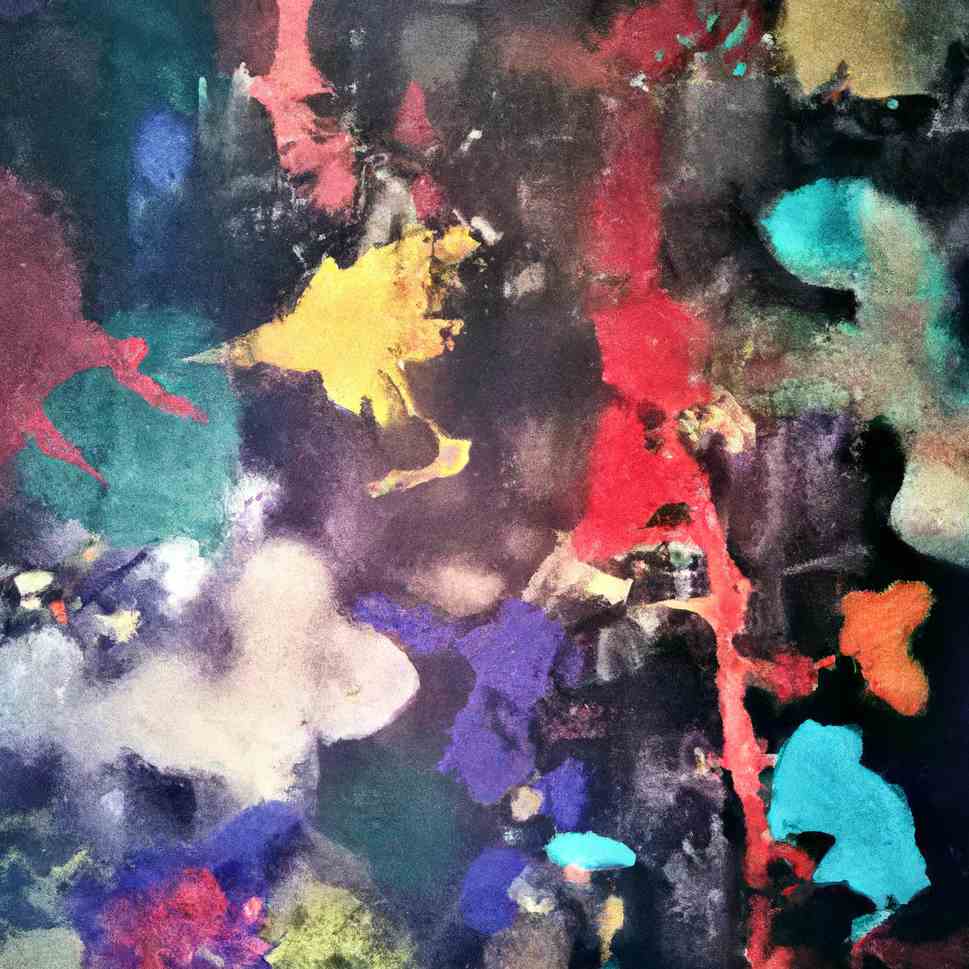What are the psychological effects of keratoconus? I am someone who has lived with the disease for over 30 years. I can tell you the psychological impact on myself and others with keratoconus will differ from person to person.
However, when we listen to others with keratoconus tell their stories it becomes clear that we are all psychologically affected in one way or another by keratoconus. This could have a profound effect on our quality of life with keratoconus.
The Psychological Effects of Keratoconus
- Depression
- Isolation
- Anxiety
- Frustration
- Disassociation
Depression
Keratoconus is a chronic progressive disease. It is considered a disease of adolescence and young adulthood. The chronic, progressive, and visually debilitating illness in adolescence and young adulthood, can have a devastating emotional impact on those who are otherwise healthy and have little interaction with healthcare professionals.
In other words, keratoconus will begin at a time in our lives when we will also have many other emotions to deal with as young people, along with the progressive loss of our site. This can be a lot to ask anyone to bear.
Fear of the Unknown
When I was first diagnosed I had no idea what to expect. Does this mean I’m going blind? How bad will it get? Our practitioner can tell us that we are not going blind. However, when we are going through it, all we know, is that our vision is declining.
These kinds of emotions and questions are healthy. We need to understand the reality of our situation by asking questions and informing ourselves about keratoconus and the treatments available to us.
Isolation
For many of us isolation will be a coping mechanism. For example, when not wearing my scleral contact lenses I tend to isolate myself.
How Severe is Our Keratoconus?
Isolation will be more common for those of us who have reached the later stages of keratoconus as I did. As an example, without my scleral lenses, I am legally blind and glasses are of little help.
Many of us absolutely rely on our scleral lenses to function outside the home on any level. In these cases, isolation will be more common when not wearing our scleral lenses.
Early Treatment of Keratoconus
Those of us who have received treatment to stabilize keratoconus in the early stages might not be as reliant on lenses. Some will only need glasses to achieve 20/20 vision. Unhealthy Isolation is far less likely in these scenarios.
Another reason why early detection is so important. Getting diagnosed early will positively impact our mental health and thus our quality of life with keratoconus.’

Anxiety
What will our future be? Is the life path we have chosen still a possibility with keratoconus? How will the psychological effects of keratoconus impact our school, work, relationships etc?
These will be some of the thoughts that will float in and out of our heads on a consistent basis. Especially in the early stages of our diagnosis.
Once we are diagnosed and are presented with options by our practitioner for the treatment of keratoconus, it is essential that we take an active role in our treatment.
Taking an Active Role in Our Treatment
For example asking questions, doing our own research, and making sure our life outside of the disease does not fall apart. Taking an active role in the treatment will help to relieve some of the anxiety which has a lot to do with not understanding what the true reality of our situation is.
The True Reality of Our Situation
Once we shed light on the unknown coupled with assessing the true reality of our own situation, we can greatly reduce our levels of anxiety.
We must deal with true reality. In my case, some of my anxieties were not grounded in reality. In my case for example, keratoconus was causing more anxiety because I was not grounded in reality. This is why we need to seek the truth about our particular situation. Additionally, another question may arise. Can keratoconus cause anxiety for those of use with keratoconus?
It’s Ok to Feel Anxious
Anxiety will be one of the paths that we will go down. It is a serious situation we are in. To put it differently, leading up to and eventually being diagnosed with keratoconus is life-changing and a life-long condition. That is the true reality of our situation and the journey we are about to embark on.
Frustration
The definition of frustration is as follows:
‘In psychology frustration is a common emotional response to opposition, related to anger, annoyance, and disappointment. Frustration arises from a perceived resistance to fulfilling an individual will or goal and is likely to increase when a will or goal is denied or blocked.’
Frustration Even Before we are Diagnosed
- Frustration when coping with keratoconus can arise in many different situations. As an illustration, before we are even diagnosed with keratoconus we will experience frustration due to our deteriorating eyesight.
- The frequent changes in our prescription for our eyeglasses can be a source of frustration.
- Awkward social interactions. Since our vision plays a key role in communicating with others.
- Our academic life or career might need to catch up due to our vision loss causing frustration.
Disassociation
Disassociation is a reaction that can really set us back in terms of dealing with keratoconus and getting treatment. In my case, this is where I ended up.
Firstly What is the State of Disassociation
Dissociation is a feeling of being disconnected from oneself and the world. To put it differently, we may feel detached from our bodies as though the world around us is unreal. Although this may be true it is important to note that everyone will disassociate in different ways.
How Did I Disassociate?
My level of denial was quite severe in my case. Once I understood there was no cure, and RPG lenses were too uncomfortable for me to continue wearing, I pretty much checked out. I had undergone a full corneal transplant on my right eye. I didn’t even know why I was getting a transplant. That’s how disconnected I was from my own situation.
I did not do any of my own research on my condition nor did I see another ophthalmologist after my transplant for decades. I just continued with my life.
Disassociation Might Come Easier for Some
In my case, after much reflection and self-assessment. This was not the only area of my life in which I practiced disassociation. It came easy for me to use disassociation as a coping mechanism as I had used it before.
If we have gone through other traumas in our lives that have caused us to disassociate to survive the trauma, the response of disassociation will be more likely to cope with keratoconus. Especially if we do not have a strong support group around us.

Key Takeaways
- The psychological effects of keratoconus will be different for each one of us.
- Those of us in the later stages of keratoconus will be at a higher risk of isolating ourselves than those of us who were diagnosed early and started treatment earlier.
- Depression in adolescents and young adults is common. This is due to keratoconus causing vision loss at a critical time in our lives.
- Disassociation could lead to delay of treatment and in many cases not seeking treatment at all.
To Summarize
The psychological effects of keratoconus are many and will be different from person to person. Taking an active role in our treatment is important to help lessen the anxiety and to prevent disassociation as in my case.
Early detection of keratoconus, and discussing our options with our specialist to restore our vision can help to reduce some of the psychological effects of keratoconus.